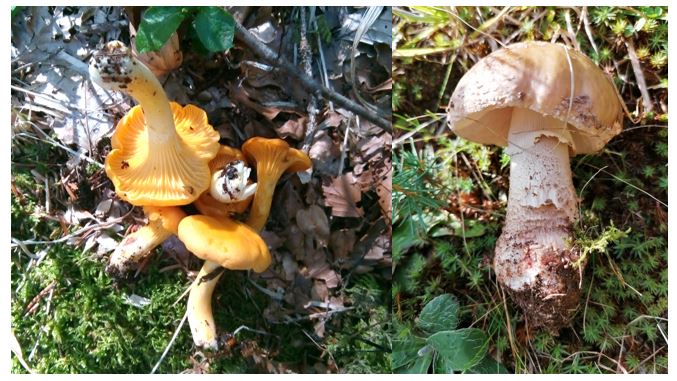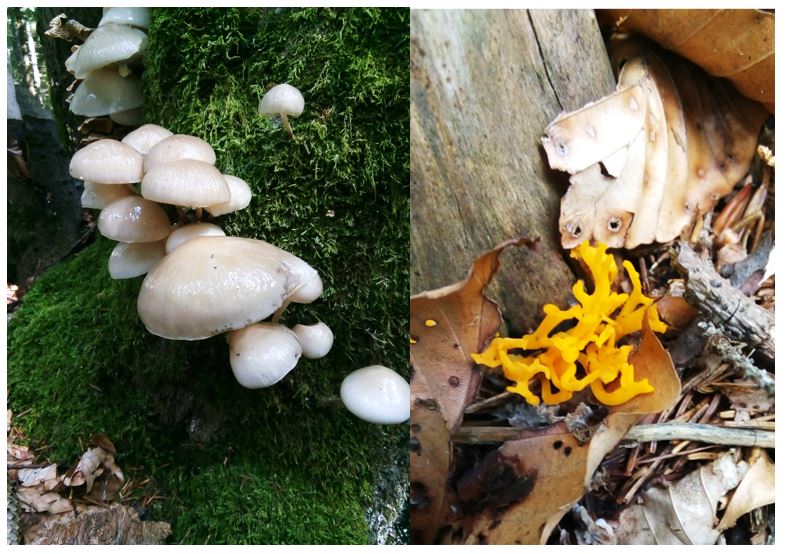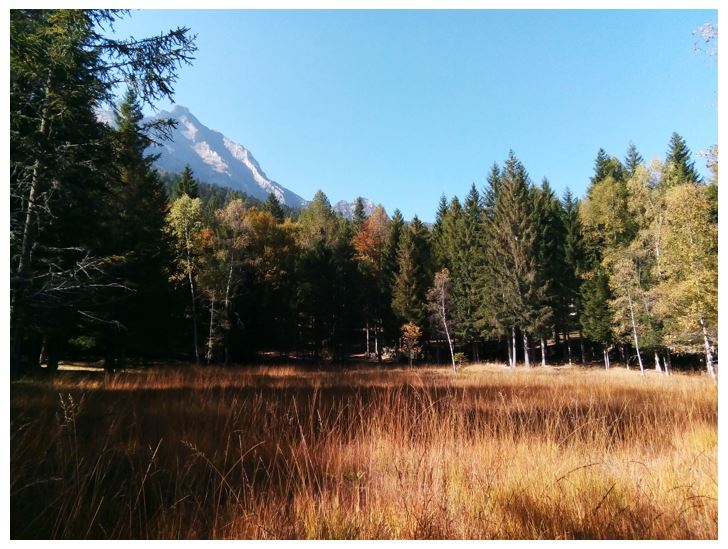Collaboration between KCS Biotech, ISPRA, and the University of Pavia (2022–2024)
The collaboration between KCS Biotech, ISPRA, and the Department of Earth and Environmental Sciences of the University of Pavia (DSTA-Unipv), which began in 2022 and ended in 2024, aimed to investigate fungal diversity in a sample area owned by the company, in order to enhance its applicative potential and contribute to the development of the operational protocol of the emerging Network for the Study of Fungal Diversity.
The sample area, located in Paù in the municipality of Crodo (Val d’Ossola) at about 1450 m altitude and covering 3 hectares, includes three environments with varying degrees of naturalness:
-
- a traditional hay meadow with native species,
- mixed forest dominated by Norway spruce and beech,
- active acidic peat bog, with no significant anthropogenic disturbance.
The investigation was based on two complementary approaches:
1. Soil metabarcoding, which enabled the identification of 3326 fungal taxa in 27 samples across 16 phyla, revealing significant differences among the three sub-areas. Notably, the dominant genera were Hygrocybe (meadow), Russula (forest), and Mortierella/Meliniomyces (peat bog).
2. Macromycete fruiting body survey, which documented 58 species, mostly ectomycorrhizal symbionts. Among them, the rare species Camarophyllopsis atrovelutina was found in the forest.
Due to the inherent nature of fungal organisms, especially in soil, it is difficult to distinguish individuals. Therefore, the study focused on qualitative data (presence/absence) rather than quantitative counts, supported by georeferencing of sampling points.
The field surveys also contributed to testing the first edition of the Guidelines for the Census and Monitoring of Macromycetes in Italy and the related mobile application developed for fungal data collection, in collaboration with ISPRA and the Italian Botanical Society.



